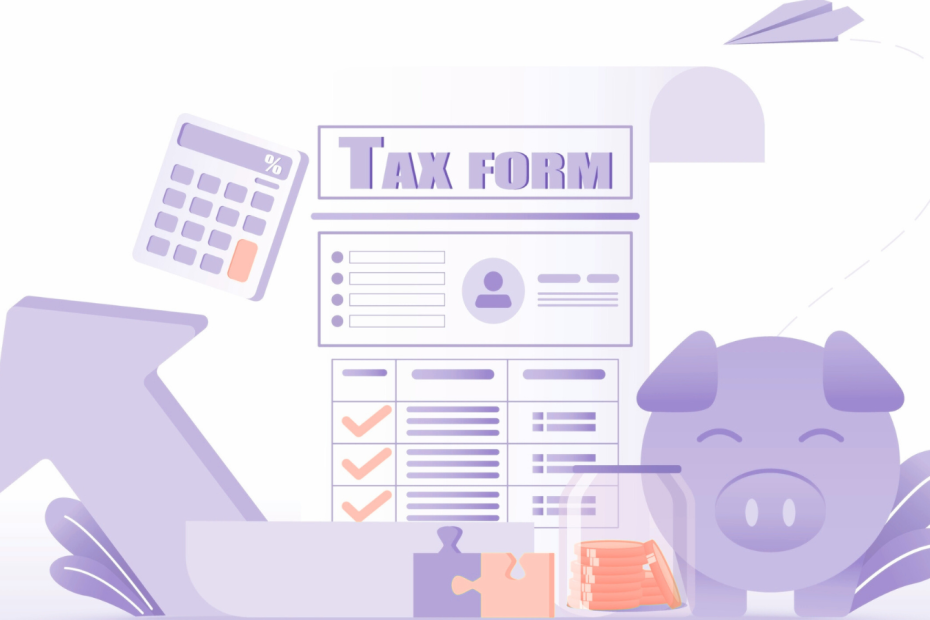You will be paying tax on things without even realising.
Charges such as VAT (Value Added Tax) and prolonged tax threshold freezes are often referred to as ‘stealth taxes. This is taxation that impacts your finances without being appearing immediately obvious.
Unlike Income Tax, which is clearly stated on your payslip, these taxes are more subtle but can significantly affect both your cost of living and your disposable income.
In simple terms, stealth tax refers to indirect changes to lesser-known parts of the UK tax system. The term itself has been popularised by the media to describe tax policies that often go unnoticed by the public.
Examples of stealth tax
Stealth taxes come in various forms, including indirect taxes like VAT, freezes on tax bands and rates, and other lesser-publicised taxes such as Insurance Premium Tax.
One of the most recognised forms is VAT. This is a consumption tax levied on many goods and services offered by VAT-registered businesses.
It’s included in the price you pay for things such as shopping. The standard rate of VAT in the UK currently stands at 20%, though some items are exempt or charged at reduced rates.
Another example of stealth taxation is the freezing of tax thresholds. Since Rachel Reeves took over as Chancellor, the freeze on Inheritance Tax thresholds has been extended until 2030.
This has serious implications, particularly if your income rises or fiscal drag. This is when regular pay increases can push you into higher tax brackets due to the frozen thresholds.
Insurance policies also include tax that is charged at a certain percentile. Known as Insurance Premium Tax, there is a standard 12% charge on home, car, and pet insurance policies while travel insurance is taxed at 20%, all of which is built into the cost you pay upfront. It is always wise to check your policies to ensure you understand exactly how much has been charged.
Is my pension at risk?
Unfortunately, your pension is also at risk of stealth taxes.
If you’re retired or approaching retirement, stealth taxes can subtly eat away at your pension savings. The ongoing freeze on Income Tax thresholds until 2028 increases the likelihood that more pensioners will fall into the 40% tax bracket.
From April 2027, further changes will see unused pensions treated as part of an individual’s estate, potentially increasing its value and subjecting more of it to Inheritance Tax.
Do stealth taxes impact my savings?
Most savers benefit from allowances that shield some of their interest earnings from tax. These include the standard Personal Allowance, currently £12,570, and the Personal Savings Allowance, which allows basic rate taxpayers to earn up to £1,000 in interest tax-free. However, these allowances depend on which Income Tax band you fall into.
Eligible interest income includes that from bank and building society accounts, credit unions, and certain types of trust funds.
That said, with tax thresholds frozen and interest rates remaining high, you may find yourself paying more tax on your savings. The Bank of England’s current base rate sits at 4.25%, more than double the Government’s target of 2%.
Although potential rate cuts are on the horizon, any reduction is likely to be marginal, meaning your savings could remain subject to taxation despite the allowances in place.
How do I manage the impact of stealth taxes?
Understanding your personal financial situation is vital when it comes to dealing with stealth taxes. Whether it’s your salary, pension, or savings, these hidden levies can take a toll if left unaddressed.
It’s wise to consult with financial and tax professionals who can offer tailored advice and help you understand and manage stealth taxes.
With Chancellor Rachel Reeves expected to announce further fiscal measures in the upcoming Autumn Budget, proactive planning has never been more important.
Need help understanding your finances? Reach out to our expert team
